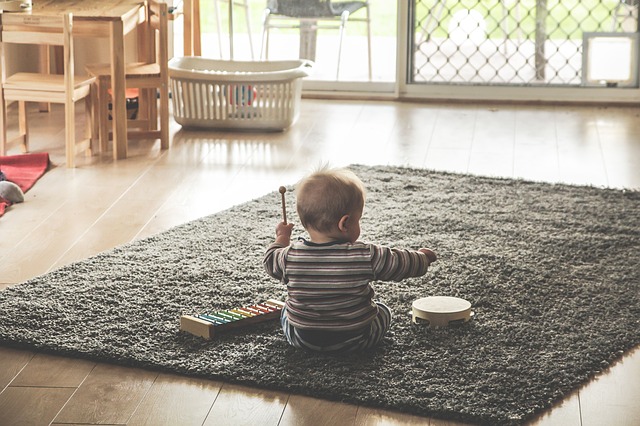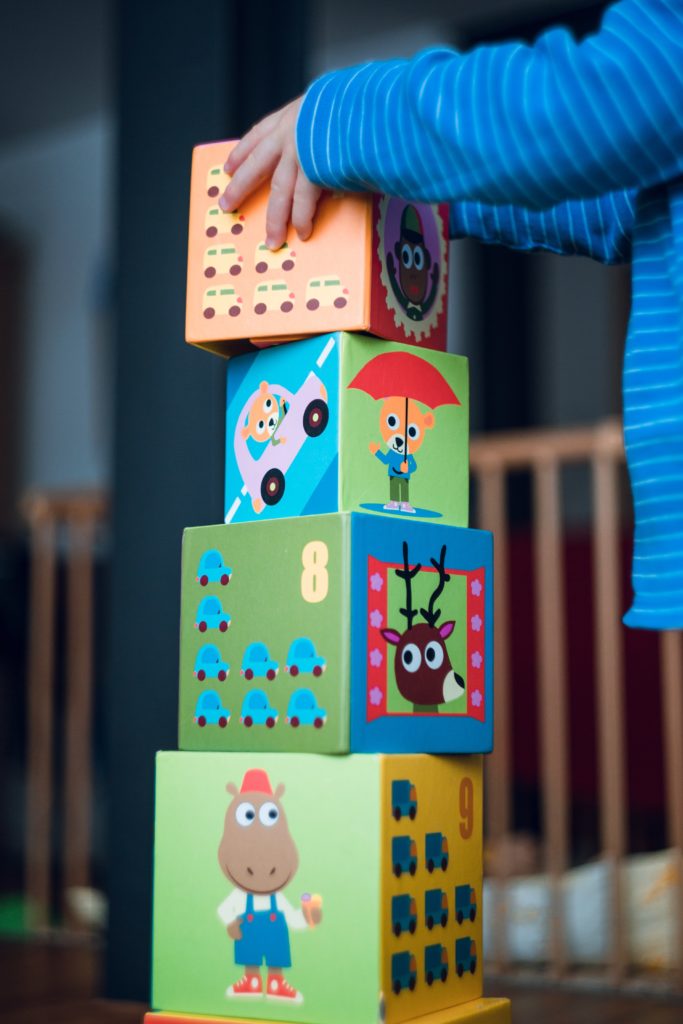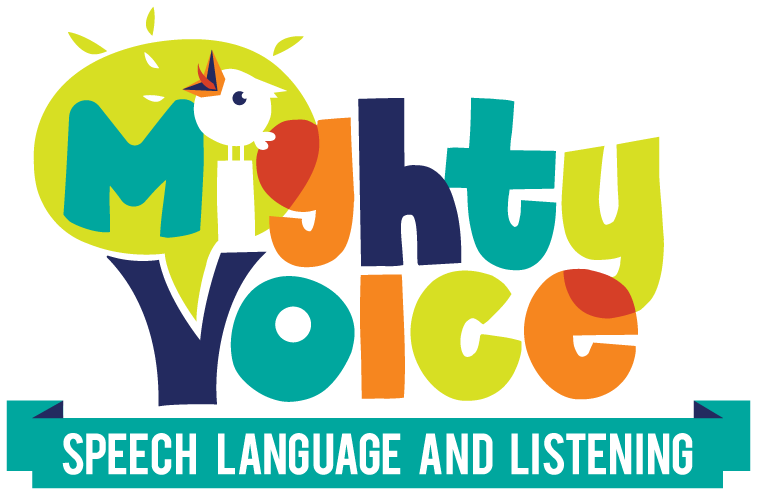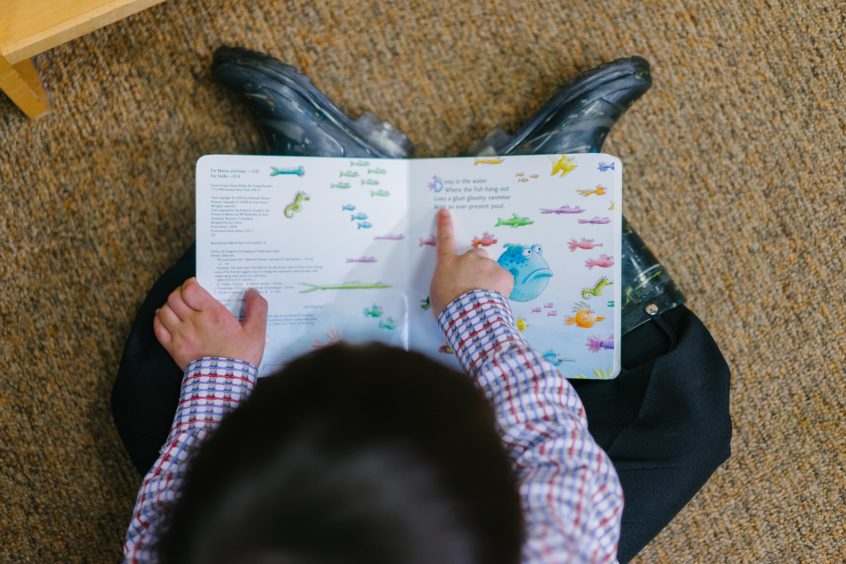This is part 3 in a 3 part series outlining the principles a Listening and Spoken Language Specialist* uses when working with children and families, and what those principles mean. I want to help parents understand what they can expect from therapy using auditory verbal principles. If you haven’t yet, click here to read Part 1 or here to read Part 2.
Guide and coach parents to use natural developmental patterns of audition, speech, language, cognition, and communication
When children are fitted with appropriate technology early, and families are following auditory verbal principles, our goal is for deaf and hard of hearing children to achieve listening and spoken language milestones in the same order on a similar schedule as their hearing peers.
Of course we know and understand that each child will have his or her own challenges, and that children develop at different rates. A therapist using auditory verbal principles can help you understand what listening and spoken language milestones are normal for your child’s age.
We’ll also design our goals and activities around normal developmental milestones, and help you implement developmentally appropriate activities and routines at home.

Guide and coach parents to help their child self-monitor spoken language through listening
If you’ve ever said some friends’ names and mixed them up, like maybe saying “Jeet and Penny” instead of “Pete and Jenny,” and then noticed and fixed your mistake, you’ve used self-monitoring. You said the names wrong, heard yourself, and then fixed it.
For people with typical hearing, speech and language development, this is a skill that develops naturally. Sure, we are sometimes talking or thinking too quickly to notice it until others point it out, but overall we’re pretty good at hearing when we’ve said something wrong and fixing it. For children who are deaf and hard of hearing, self-monitoring is a skill that needs to be learned.
A therapist using auditory verbal techniques can teach you different methods for encouraging self-monitoring with your child. For some kids, having them wear their remote mic is helpful to give them a “boosted” version of their own voice through their implants or hearing aids. For others, recording themselves or making a video and then listening to it can be a helpful first step. Your listening and spoken language specialist can show you a variety of techniques and together you can work out what works best for your child.

Administer ongoing formal and informal diagnostic assessments to develop individualized auditory-verbal treatment plans, to monitor progress and to evaluate the effectiveness of the plans for the child and family.
Your child is unique. What he or she needs to be successful in with listening and spoken language is unique as well, which is why your therapist will continually look at where he or she is at, and adjust the therapy plan to match that.
Ongoing assessment doesn’t have to be scary or time-confusing. Most therapists use a variety of ways to assess where your child is at–it might be listening and writing down what your child is saying so the therapist can analyze what kinds of sentences and words they’re using, or your therapist might ask you to fill out a checklist to see how listening is going during your child’s day. They may do standardized tests or assessments with your child to measure where your child is in their speech and language development when compared to hearing peers.

By monitoring your child and their development closely, your therapist can help you and your family stay on track toward meeting your goals.
*Just to avoid any confusion, I am not yet a certified Listening and Spoken Language Specialist, cert. Auditory Verbal Therapist. I am working toward certification, and as a certified Speech Language Pathologist I provide speech language pathology services using auditory verbal techniques.

